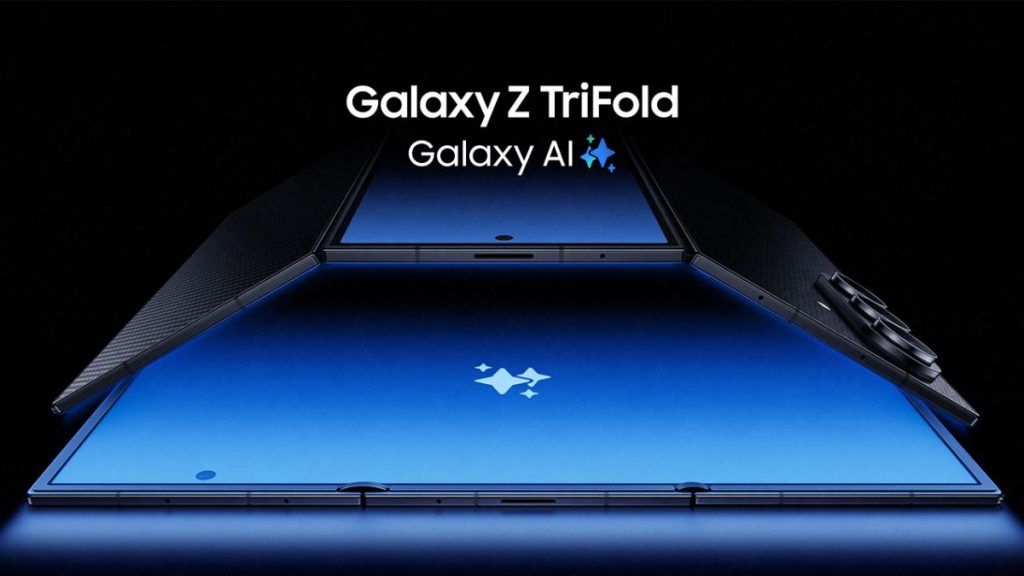6G is the upcoming generation of wireless technology, set to follow 5G. This technology aims to provide faster connection speeds and very low latency. Although 6G is still in development, it is anticipated to deliver data speeds up to 100 times faster than 5G. For instance, this would enable the downloading of HD movies in just a few seconds, marking a significant technological advancement.
It goes without saying that 6G will be available through Canadian providers as soon as it is deployed in various cellular plans. The deployment is expected by 2030. However, for now, we will have to rely on 5G.What is 6G?
To answer this question, imagine being able to download a high-definition movie in just a few seconds. That’s 6G. It offers incredible speed and near-zero latency.
Additionally, 6G will provide wider and more reliable network coverage, ensuring Canadian consumers stay connected no matter where they are. This new technology will also enable advancements such as self-driving cars, real-time 16K VR, cloud gaming, live streaming on the go, and more.
Moreover, 6G will leverage AI to optimize network performance and address connectivity issues effectively.
Although 6G is still in its early development stages, many countries and companies are already conducting research and tests to explore its potential technologies and applications.The Current State of 6G Development: A Global Race
As mentioned earlier, 6G is still in its early stages of development, but the race has already begun. Several countries and companies are conducting research and tests to explore potential technologies and applications of 6G.

Countries involved in 6G research:
-
China: China has launched initiatives to develop 6G in partnership with local companies.
-
United States: The US has initiated 6G research, with companies like Qualcomm, Apple, and Google involved.
-
South Korea: South Korea is at the forefront of 6G research, with companies such as Samsung and LG working on pilot projects.
-
Japan: Japan is investing in 6G research, with companies like NTT DoCoMo and Sony leading the effort.
-
Europe: Several European countries are participating in 6G research, including Finland, Sweden, and Germany.
Companies involved in 6G research and their investments according to Uswitch:
-
Samsung: $2.24 billion
-
Baidu: $249 million
-
IBM: $66 million
-
NTT DoCoMo
-
Qualcomm: $82 million
-
Nokia: $46 million
-
Ericsson: $472 million
-
Intel: $175 million
Additionally, several pilot projects have been established in certain countries to conduct initial tests. Cities like Shenzhen and Chengdu in China have launched pilot projects to test 6G technology.
In the United States, universities and research institutes are collaborating with companies to develop 6G technologies.
Advantages of 6G
As with any new technology, 6G brings new benefits for users in Canada and around the world.
Here are some of the advantages that 6G is expected to offer:
-
Ultra-Fast Data Speeds: 6G is expected to provide data rates of 1 terabyte per second, which is nearly 100 times faster than 5G.
-
Higher Sampling Rates: These will be achieved through the higher frequencies used by 6G.
-
Low Latency: The goal of 6G is to reach latency of around one microsecond, enabling extremely secure and real-time communication.
-
AI Integration: AI will be integrated at all levels of the network, allowing it to adapt to users’ needs and preferences.
-
Extended Connectivity: 6G aims to provide widespread connectivity.
-
Innovation and New Services: 6G is expected to foster innovation and the development of new services.
What's the difference between 6G, 5G, and 4G?

You might already suspect it, but the difference is undeniable. However, 6G aims to take a leap forward with insane speeds. Here’s a comparative table between 4G, 5G, and 6G:
|
Characteristic |
4G |
5G |
6G |
|
Download Speed |
Up to 1 Gbps |
Up to 10 Gbps |
Expected up to 100 Gbps |
|
Latency |
About 50 ms |
About 1 ms |
Less than 1 ms |
|
Connection Capacity |
10,000 devices per km² |
1 million devices per km² |
10 million devices per km² |
|
Bandwidth |
20 MHz |
100 MHz to 800 MHz |
Greater than 1 GHz |
|
Use Cases |
Video streaming, web browsing, gaming |
Augmented reality, IoT, autonomous vehicles |
Holography, Advanced AI communications, Autonomous robotic agriculture, Real-time 16k VR, Transparent video communication, Autonomous vehicles |
|
Key Technologies |
LTE, OFDMA |
mmWave, beamforming, MIMO |
AI, software-defined networking, THz communications |
|
Deployment |
Deployed globally |
Deployed in several countries including Canada |
Expected around 2030 |
Which providers could offer 6G in Canada?
Several providers currently offer 5G in Canada. Major providers like Bell, Rogers, and Telus already provide this technology. However, other providers such as Vidéotron, Freedom Mobile, and SaskTel are also now using this technology. These providers are actively deploying 5G in major cities and several provinces across Canada.
Since 6G is still in the development phase and is not expected to be available before 2030, predicting with certainty which providers will offer this technology in Canada remains challenging.
We can, however, expect major providers like Bell, Rogers, and Telus to be among the first to deploy 6G.
Nevertheless, the deployment of 6G will prompt providers to offer this technology in their cellular plans. These plans will be available through our platform as soon as the first plans are available for better comparison.How could 6G impact cell phone plan prices in Canada?
It’s worth noting that cell phone plan prices in Canada currently vary due to increased market competition, leading to potentially more appealing offers for consumers. By signing up for our alerts, you can find and compare these plans to see the fluctuations for yourself, potentially benefiting from them through our platform.
As for the impact of 6G, its effects on cell phone plan prices are uncertain. However, some trends may emerge:
-
The deployment of 6G will require substantial investments from providers, which could result in price increases for cell phone plans.
-
6G’s promised improvements in speed and latency will likely come at a cost to providers, potentially influencing future plan prices.
Will Your Phone Be Compatible with 6G?
We cannot determine if your phone will be compatible with 6G. The technology has not been deployed yet, and the standards are not yet defined. 6G is still in the research and development phase.
However, it is likely that your phone will need new components and technologies to support the requirements of 6G. We recommend waiting until 6G is closer to deployment before worrying about your phone’s compatibility.Looking for Alternatives to 6G?
If you’re seeking alternatives to 6G, 5G plans offer an excellent option. With fast connection speeds and better capacity than 4G, 5G is ideal for enjoying the latest available technology. On PlanHub, easily compare 5G plans to find the one that best meets your needs in terms of price, data, and speed.
6G in Brief
-
Availability: 6G could be available in Canada around 2030.
-
Speed: 6G will offer data speeds up to 100 times faster than 5G.
-
Global Research: Several countries, including China, the United States, South Korea, Japan, and European countries, are involved in 6G research.
-
Advantages: 6G advantages include data rates up to 100 Gbps, latency less than 1 ms, and extended connectivity.
-
Deployment: Major providers like Bell, Rogers, and Telus could be among the first to deploy 6G in Canada.
-
Cost Implications: The deployment of 6G could lead to higher costs for providers, potentially affecting cell phone plan prices.
-
Compatibility: It’s impossible to know if current phones will be compatible with 6G. The technology is not yet deployed, and standards are not defined.
FAQ
When will 6G be available in Canada?
6G is expected to be deployed in Canada around 2030.
Current state of 6G development worldwide?
China, the United States, and others are involved in 6G development.
Advantages of 6G?
6G aims to offer speeds 100 times faster than 5G.
Differences between 6G, 5G, and 4G?
6G will provide data speeds up to 100 Gbps, latency less than 1 ms, and connection capacity up to 10 million devices per km².
Which providers could offer 6G in Canada?
Major providers like Bell, Rogers, and Telus could be among the first.
Potential impacts of 6G on cell phone plan prices in Canada?
The deployment of 6G could lead to higher costs for providers, which could be reflected in cell phone plan prices.
Will your phone be compatible with 6G?
It’s difficult to know if your phone will be compatible with 6G. The technology is not yet deployed, and standards are not defined.
Alternatives to 6G?
5G plans offer an excellent alternative with fast connection speeds.






